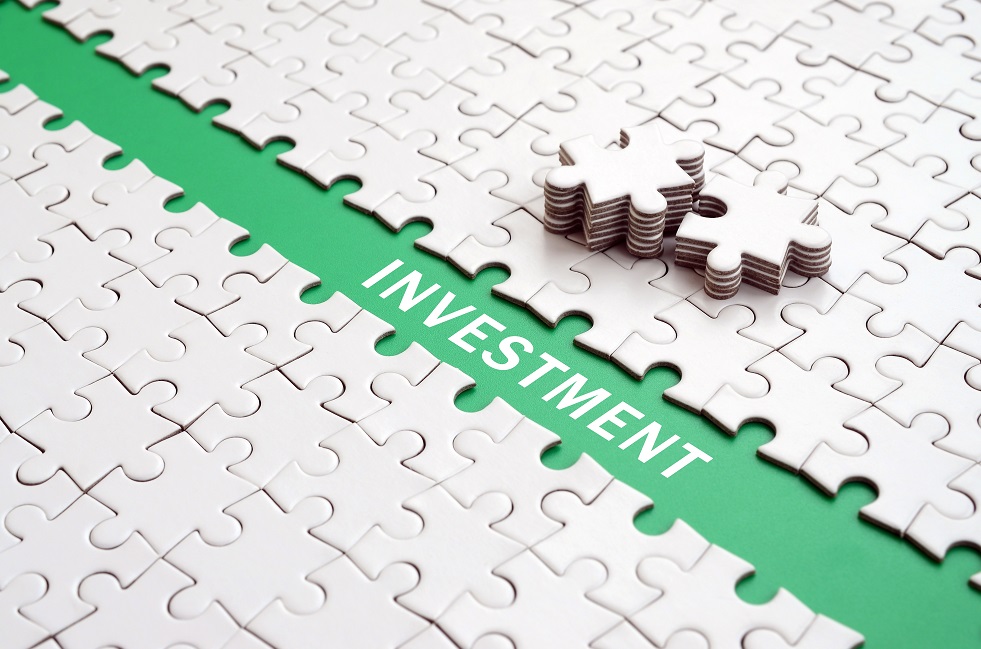The forex market is the largest financial market in the world and comprises the simultaneous buying of one currency with another at current exchange rates. This type of trading is usually done by large banks, corporations, and other financial institutions.
However, individual traders are also able to take part in the market through online brokers and smart electronic foreign exchange trading or eFX trading.
There are many different ways to approach eFX trading, and each trader will have their own preferences and strategies.
However, there are some general principles that can be applied to any eFX trading approach in order to make investments that produce positive results.
1. What are Smart Investments?
Smart investments are investments that can help you in many different ways in the future. Investments made are usually business investments or investments in assets. Those investments can make money for you, save you time, and help you reach a goal.
2. How to Make a Smart Investment?
It is important to have a clear understanding of the eFX market and the factors that can influence it. This includes both macroeconomic factors such as interest rates and political stability, and microeconomic factors such as company earnings and supply and demand.
3. Know the Basics of Forex Trading
- The foreign exchange market, or eFX market, is the market where currencies are traded. It is the largest and most liquid market in the world, with average daily trading volumes of more than $5 trillion.
- Most eFX trading is done by banks, large institutions, and currency speculators. These market participants trade currencies for profit or to hedge against currency risk.
- The eFX market is open 24 hours a day, five days a week. It is decentralized, with no central exchange or clearinghouse. Instead, trading occurs directly between market participants through electronic networks.
4. Do Your Research
- The eFX market is highly regulated in most jurisdictions. In the United States, for example, the Securities and Exchange Commission and the Commodity Futures Trading Commission have oversight of the market.
- The eFX market is a dynamic and fast-paced market. It is important for market participants to have a clear understanding of how the market works before trading.
5. What are the Risks Involved in Forex Trading?
There are a number of risks involved in forex trading, and you need to be aware of them before you start trading.
- You may not have the skills or knowledge to trade successfully. If you don’t know what you’re doing, you could easily lose all of your money.
- The market can be very volatile. Prices can move up and down very quickly.
- You may not have enough money to cover your losses.
6. How to Avoid the Biggest Mistakes New Investors Make?
New investors often make the mistake of thinking that they need to have a large amount of money to invest in order to be successful. This is not the case.
You can start with a small amount of money and grow your investment over time. Another mistake new investors make is thinking that they need to know everything about the stock market before they start investing. This is also not the case.
You can learn as you go and make mistakes along the way. The most important thing is to start investing and to keep learning.
7. How to Build a Trading Plan?
A trading plan is a critical tool for any trader in the eFX market. It should outline the trader’s goals, strategies, and risk management parameters.
Without a trading plan, it is very easy to get caught up in the excitement of the market and make impulsive, emotional decisions that can lead to heavy losses.
The first step in building a trading plan is to set some realistic goals.
- What are you hoping to accomplish by trading in the eFX market?
- Are you looking to make a quick profit, or are you more interested in long-term gains?
Once you have a clear idea of your goals, you can begin developing strategies to achieve them.
8. When to Invest?
It is important to have a clear understanding of the eFX market and the factors that can influence it. This includes both macroeconomic factors such as interest rates and political stability, and microeconomic factors such as company earnings and supply and demand.
By understanding how these factors can impact the eFX market, traders can make more informed decisions about their investments.
9. How to Know When to Get Out of the Market?
The eFX market is a volatile and ever-changing landscape, so it can be difficult to know when to get out. However, there are a few key indicators that can help you make the decision.
- First, pay attention to the overall trend of the market. If it is consistently going down, it may be time to get out.
- Second, watch for changes in the liquidity of the market. If there is a sudden decrease in liquidity, it may be an indication that the market is about to crash.
- Finally, pay attention to your own personal financial situation. If your personal finances are in a precarious situation, it may be time to get out of the eFX market.
10. Smart investments are Not Always About the Money
The most important thing to bear in mind when looking for smart investments is that it is not about the money you invest. It is about the outcome of those investments and how they help you in the long run.
While making smart investments, it is important to weigh the pros and cons before you take on any investment. We hope this guide will help you avoid the mistakes new investors tend to make in knowing how to make smart investments.
